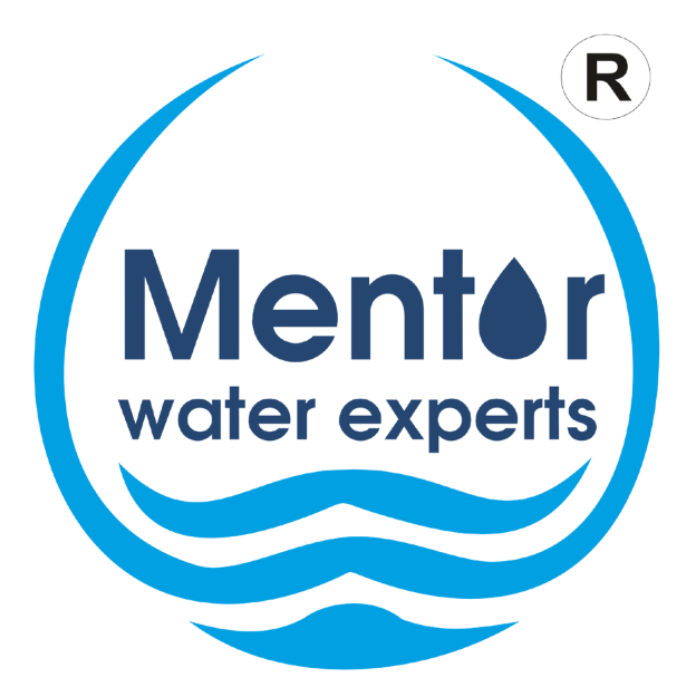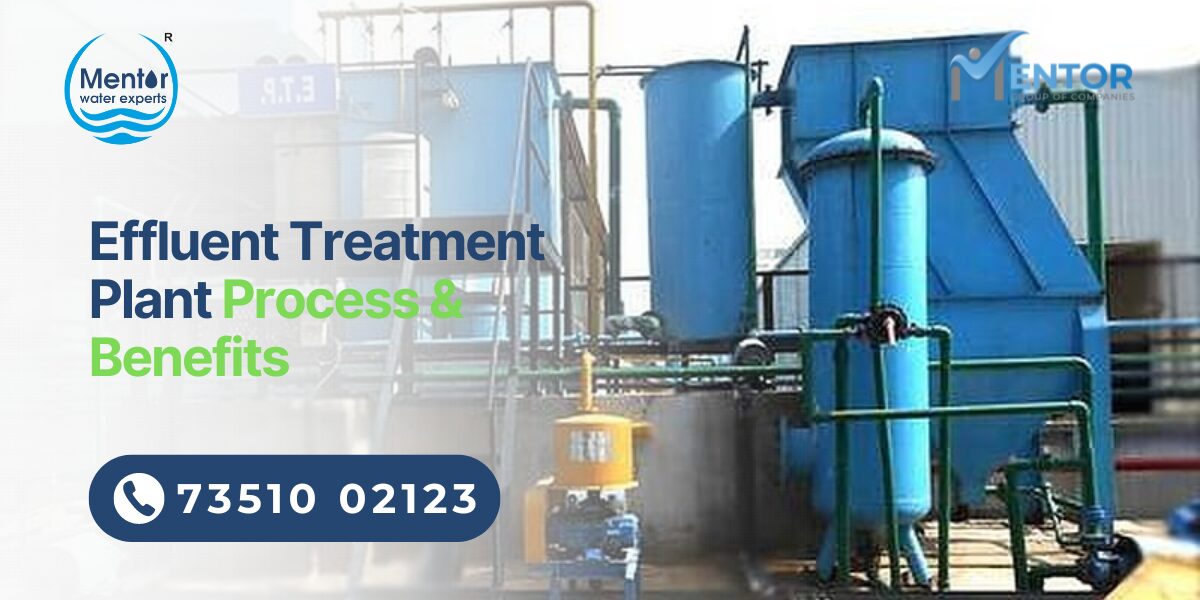In today’s era of environmental awareness, effective wastewater management solutions are becoming more popular among industries. Effluent Treatment Plant Process are essential systems that are intended to treat industrial wastewater before it is released into the environment, making them stand out among these solutions. We will explore the workings of ETPs, their importance, and the many advantages they provide in this blog.
Understanding ETP
Effluent Treatment Plants help to use used water again. ETPs reuse the treated water for further industrial or recreational uses and treat contaminated water from rivers and lakes. In reality, the flowing treatment makes the water reusable by guaranteeing that any contaminants will be ejected. ETP is used mainly in the sectors where there is a high risk of water contamination, like chemicals, textiles, and pharmaceuticals. However, the way the plant is implemented may differ from industry to industry.
Effluent Treatment Plant ensures that the contaminated and polluted water from industry is cleaned up and made usable again. It is not possible to have clean, usable water for domestic tasks without this form of treatment.
Effluent Treatment Plant (ETP) Process
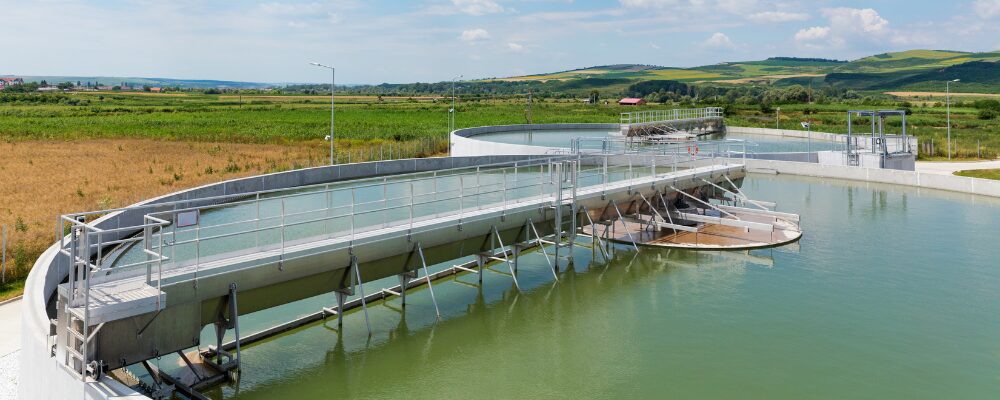
With the help of effluent treatment plants, industrial wastewater may now be safely discharged or reused by removing pollutants and toxins from the wastewater. Therefore, the procedure consists of different steps, each of which targets different types of impurities or pollutants.
Preliminary Treatment:
- Screening: The wastewater is screened to get rid of big debris like plastics, paper, and other solid items.
- Grit Removal: Grit chambers are used to keep larger particles like sand and gravel out of the way during later stages of treatment.
Primary Treatment:
- Sedimentation: Sludge is formed at the bottom of huge tanks containing wastewater, where suspended materials are allowed to settle. The organic load of the wastewater is decreased by this primary treatment.
Secondary Treatment
- Biological Treatment: In this step, the organic pollutants in the wastewater are broken down by microorganisms. The common techniques used in the treatment are trickling filters, aerobic digestion, and the activated sludge process.
- Aeration: By adding oxygen to the wastewater, aerobic bacteria may thrive and break down organic debris more easily.
Tertiary Treatment
- Filtering: Advanced filtering methods like sand filtration or membrane filtration are used to further eliminate leftover contaminants, suspended particles, and microbes.
- Chemical Treatment: To ensure that the treated water satisfies strict quality standards, chemical agents such as chlorine, ozone, or UV radiation may be employed to disinfect it.
- Quality and Warranty: Use panels of premium quality made by trust-worthy manufacturers that provide maximum durability and performance.
Contact us today and book a no-cost consultation with our experts.
Benefits of ETP (Effluent Treatment Plant)
Effluent Treatment Plants are important for maintaining sustainable industrial operations, public health, and environmental protection. Following are some of the benefits:
- ETP helps in reducing pollution by treating industrial wastewater before it is released into rivers or lakes. It also plays an important role in removing organic matter, heavy metals, and toxic chemicals from wastewater to protect aquatic ecosystems.
- ETP helps in protecting water resources and also maintains the water quality for drinking and irrigation purposes. This lowers the risk of waterborne diseases and infections.
- Industries can reduce their freshwater intake by reusing treated wastewater, which can save a lot of money on water procurement. Moreover, by implementing ETP, industries can avoid the cost of cleaning and liability for any damage to the environment.
- Effective wastewater management improves overall operational efficiency by reducing production downtime brought on by environmental non-compliance problems.
- ETP creates awareness and educates people about water conservation, pollution prevention, and sustainable development. This motivates people and different communities to take strict actions to protect the environment and public health.
- Using ETP in industries can provide a better place for workers by reducing the risk of exposure to harmful chemicals and pollutants.
- The organizations who have implemented ETPs show their commitment to protecting the environment leading to increased reputation and community trust.
- ETPs promote biodiversity and ecosystem services, which are advantageous to both human and animal populations, by preserving the integrity of aquatic ecosystems.
Conclusion
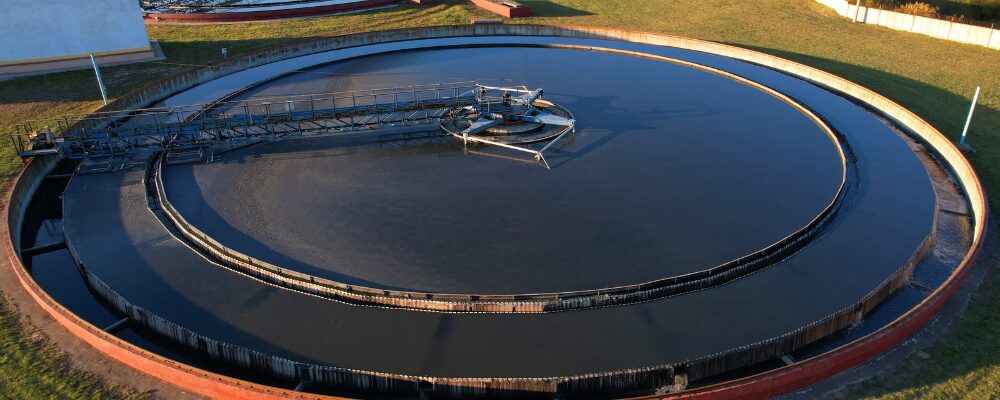
Effluent treatment plants are important for managing wastewater. They help clean up the environment, save resources, and money, and make people healthier. ETPs ensure a better, cleaner, and more sustainable future as long as industries focus on being sustainable and following rules
If you are planning to install an Effluent Treatment Plant, give us a call at 7351002123 and our team will assist you in finding the best way to install the treatment. At Mentor Water Experts, we understand the importance of ongoing maintenance for optimal performance of your effluent treatment plant. That’s why we offer Annual Maintenance Contracts (AMC) to ensure your system functions efficiently for years to come.
Contact us Mentor Water Experts today and let our experts help you navigate a smooth and successful effluent treatment solution!
